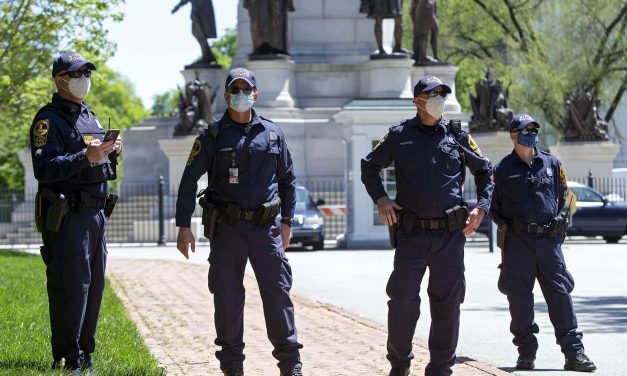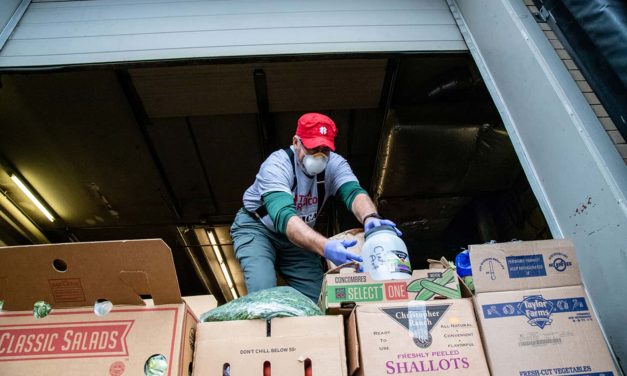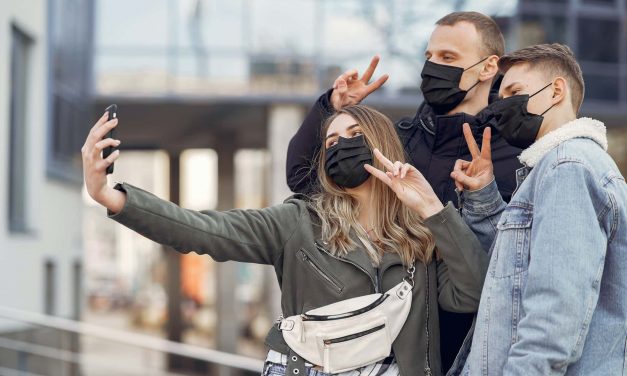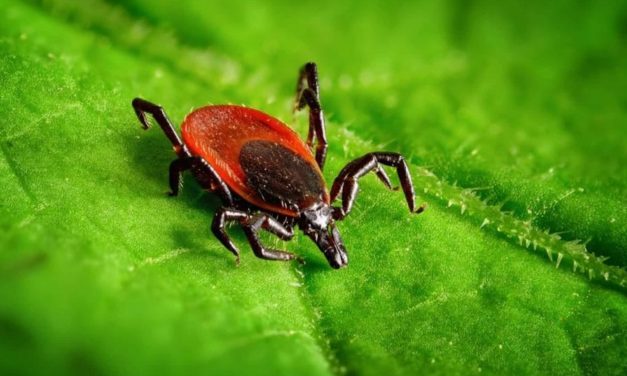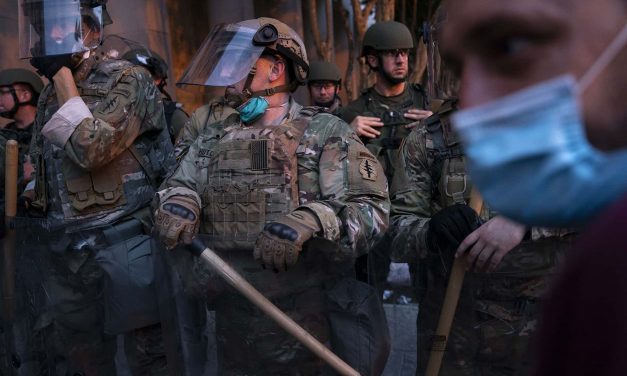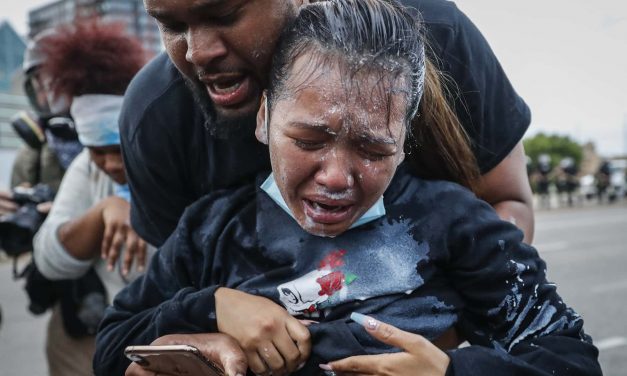When fiction and real life collide: Defining a dystopia by the state of politics
By Shauna Shames, Associate Professor, Rutgers University; and Amy Atchison, Associate Professor of Political Science & International Relations, Valparaiso University Dystopian fiction is hot. Sales of George Orwell’s “1984” and Margaret Atwood’s “The Handmaid’s Tale” have skyrocketed since 2016. Young adult dystopias – for example, Suzanne Collins’ “The Hunger Games,” Veronica Roth’s “Divergent,” Lois Lowry’s classic, “The Giver,” were best-sellers even before. And with COVID-19, dystopias featuring diseases have taken on new life. Netflix reported a spike in popularity for “Outbreak,” “12 Monkeys,” and others. Does this popularity signal that people think they live in a dystopia now? Haunting...
Read More
